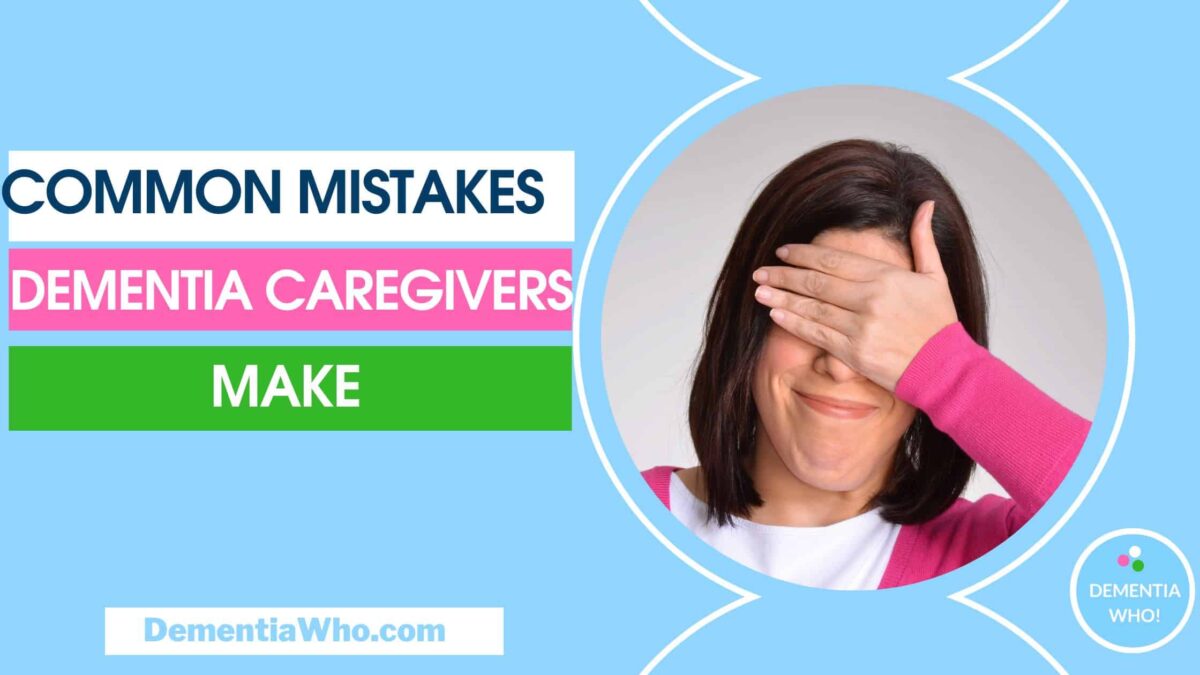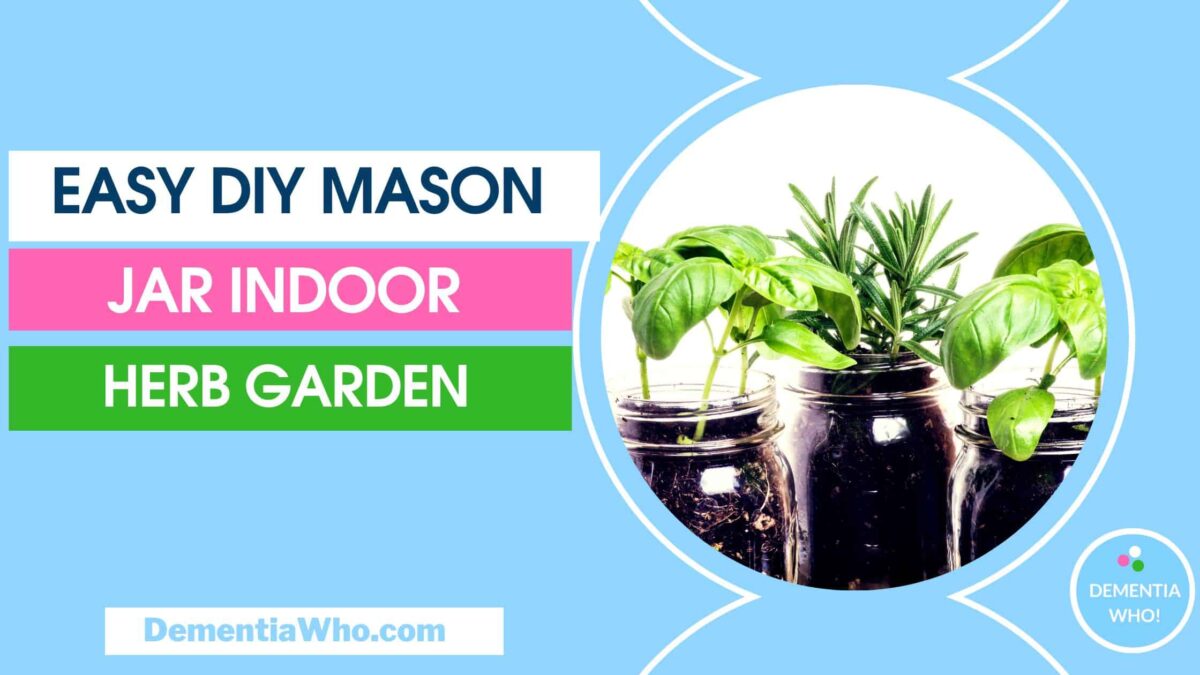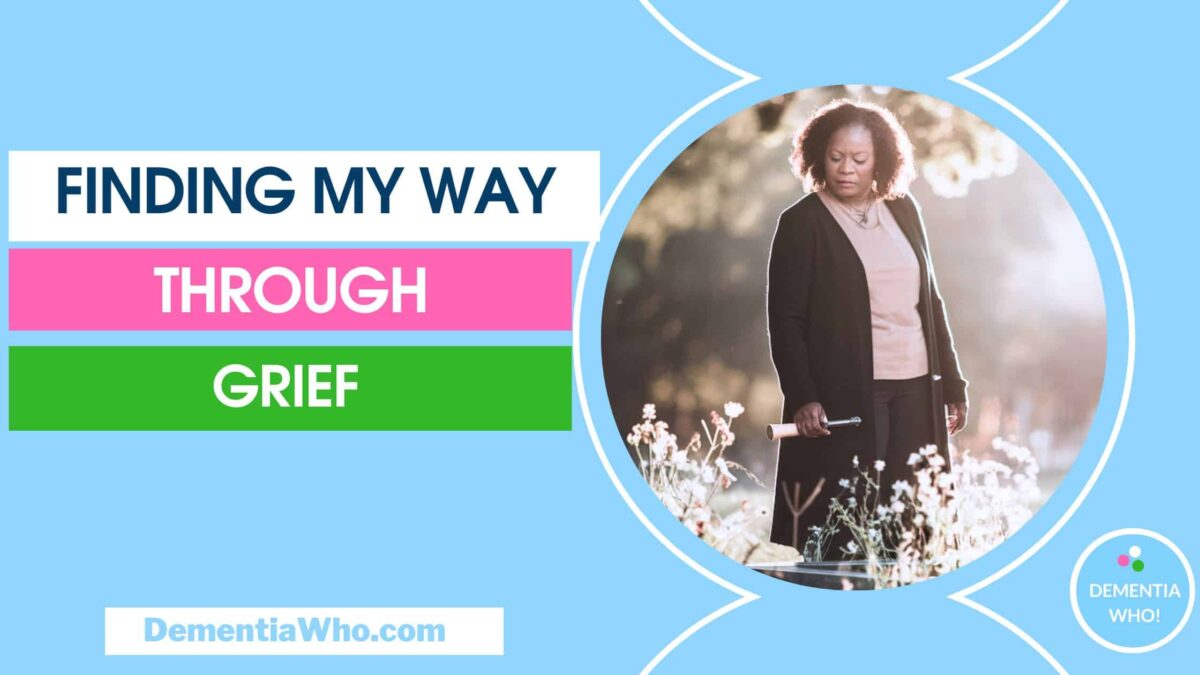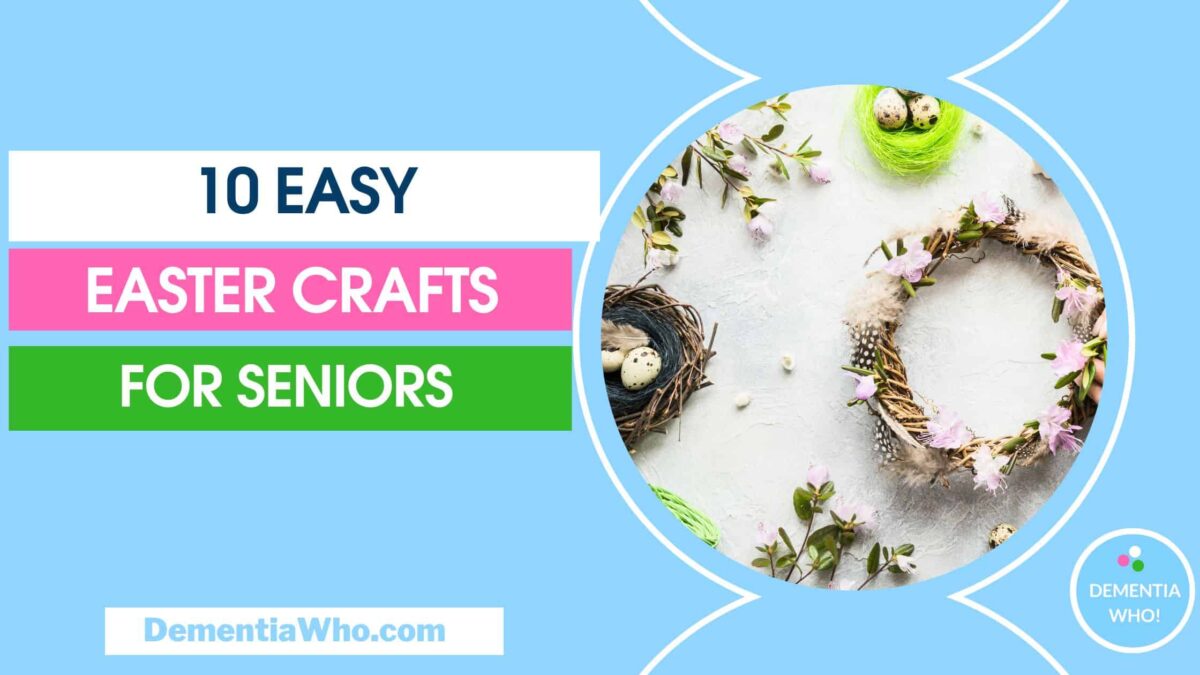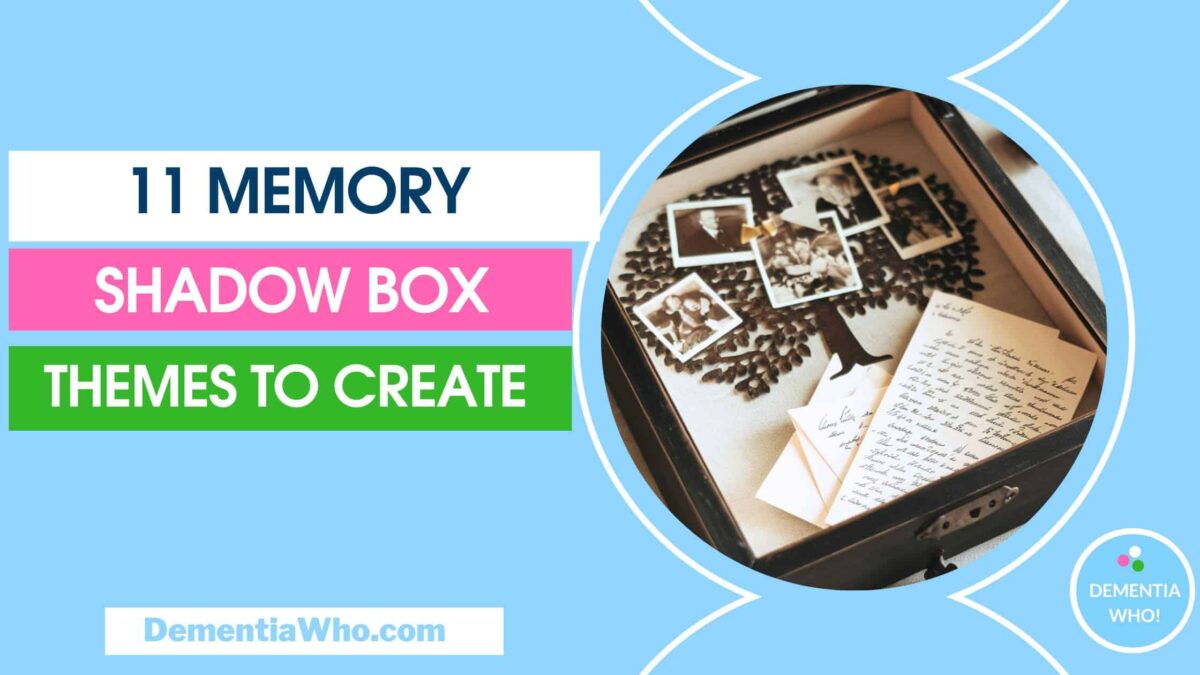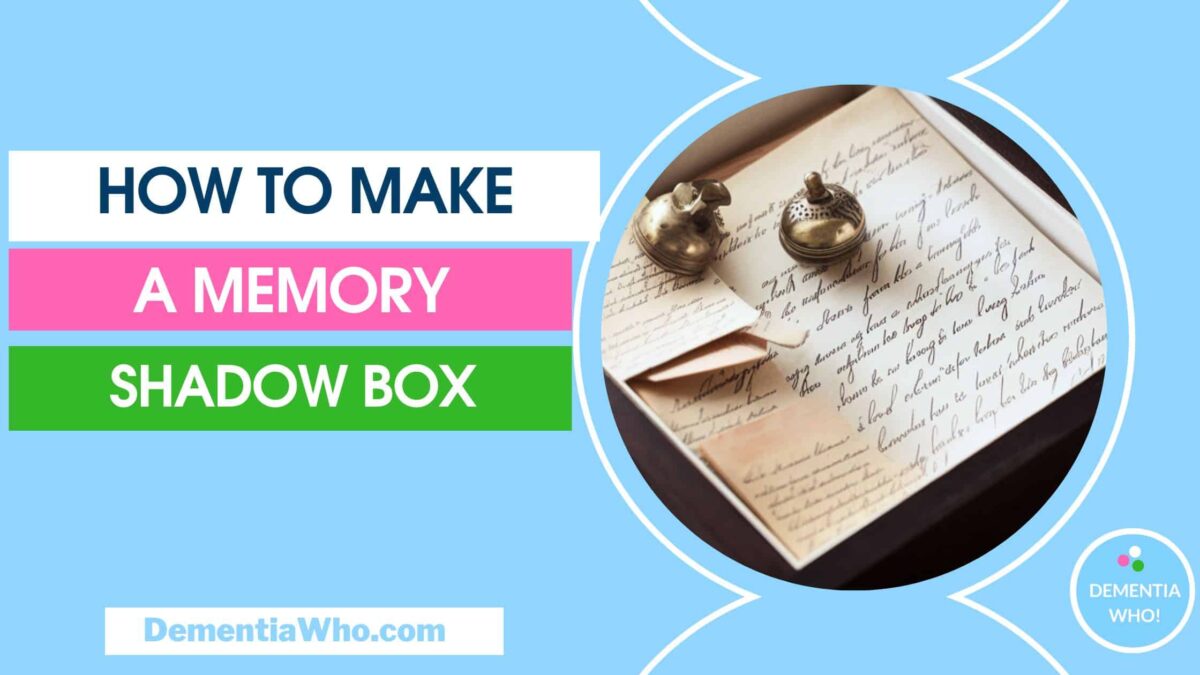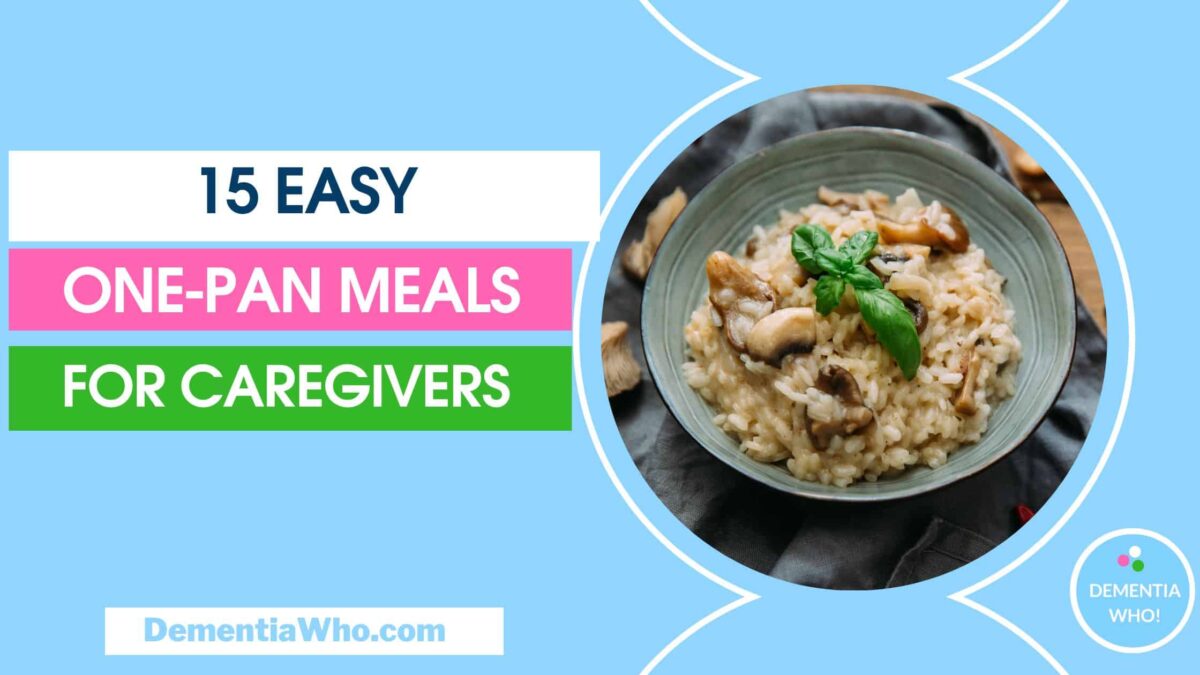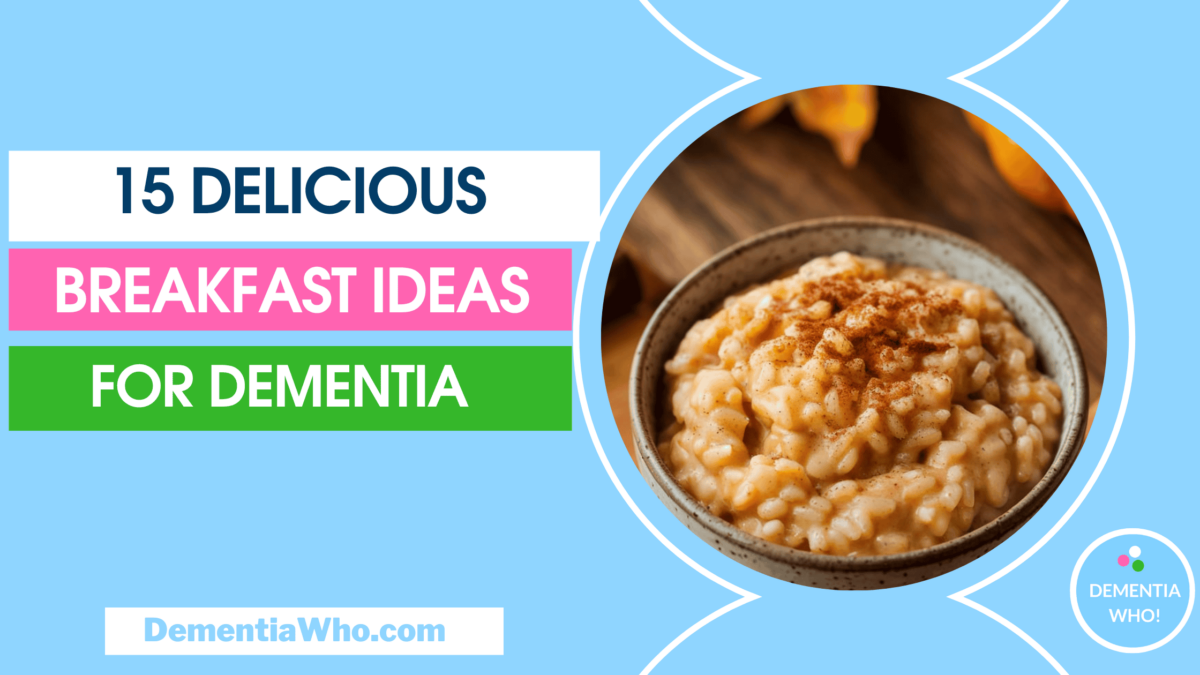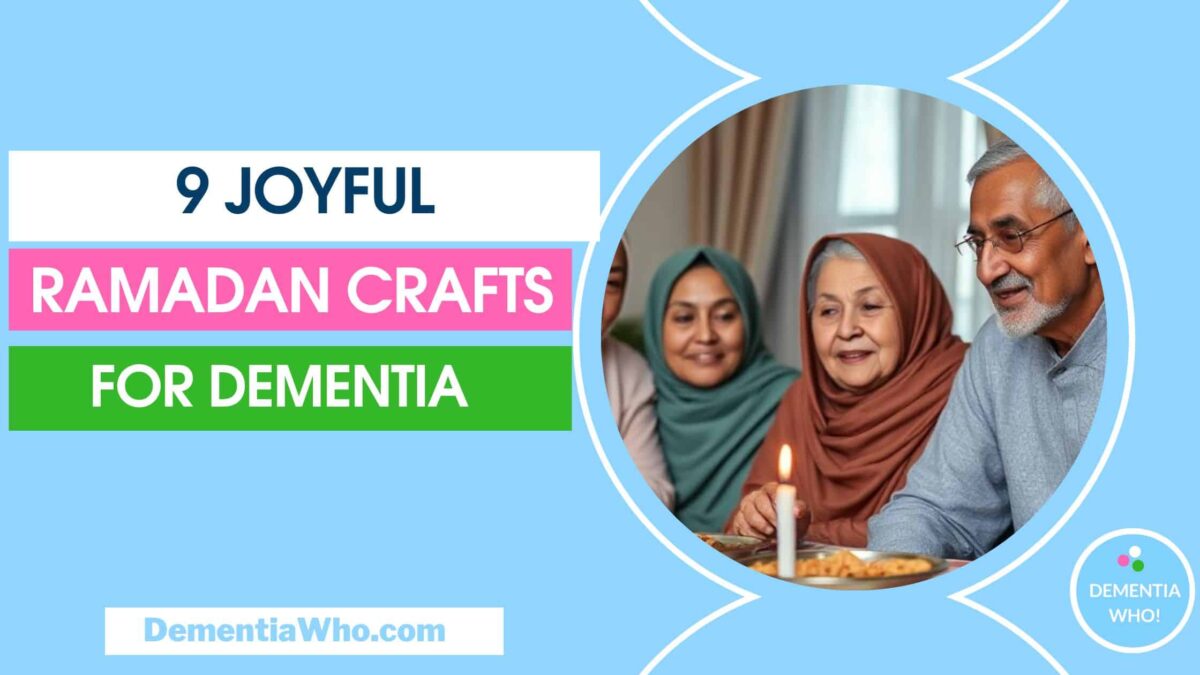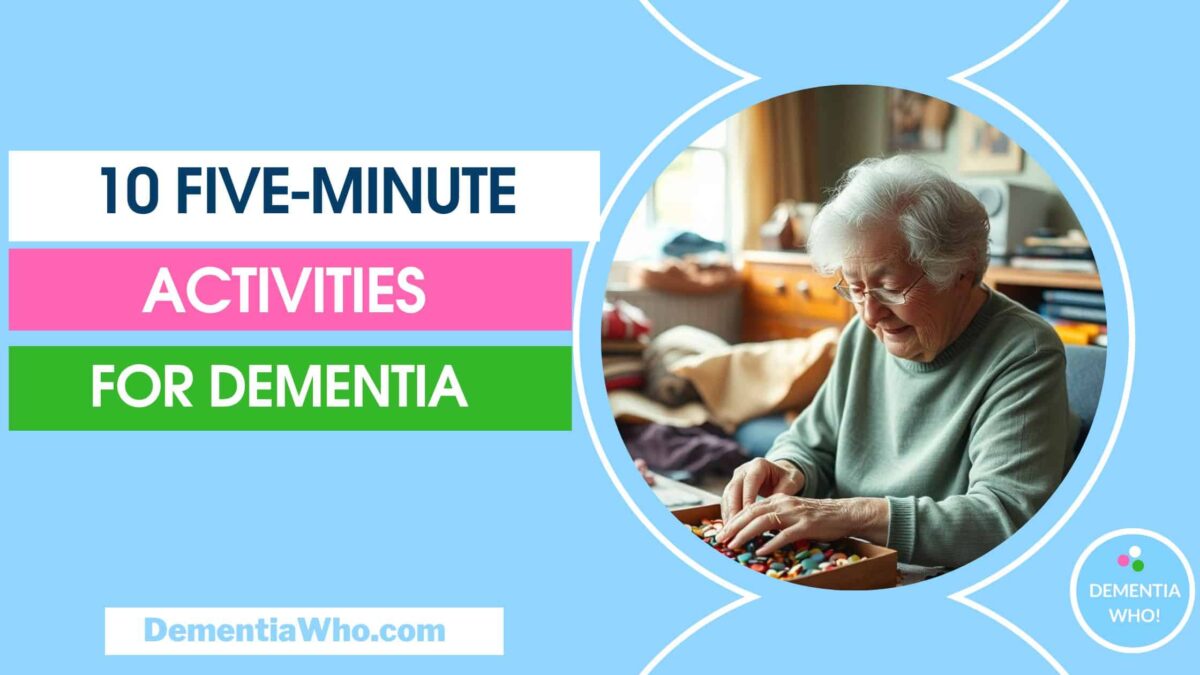Halloween can be a scary time for someone with dementia, the noise, coming and goings, the doorbell ringing continuously, and fireworks going off more etc., can unsettle anyone, but more so for people living with dementia like my mum who lives with Alzheimer’s. So here are a few tips that can help reduce risks, allow you to support your loved one, provide a safe & secure environment and/ or encourage safe, fun participation on Halloween. Hope they help you too!
So if you’re worried about your loved one with dementia this Halloween and need some help, read on for 13 tips for a safe Halloween for dementia & caregivers!
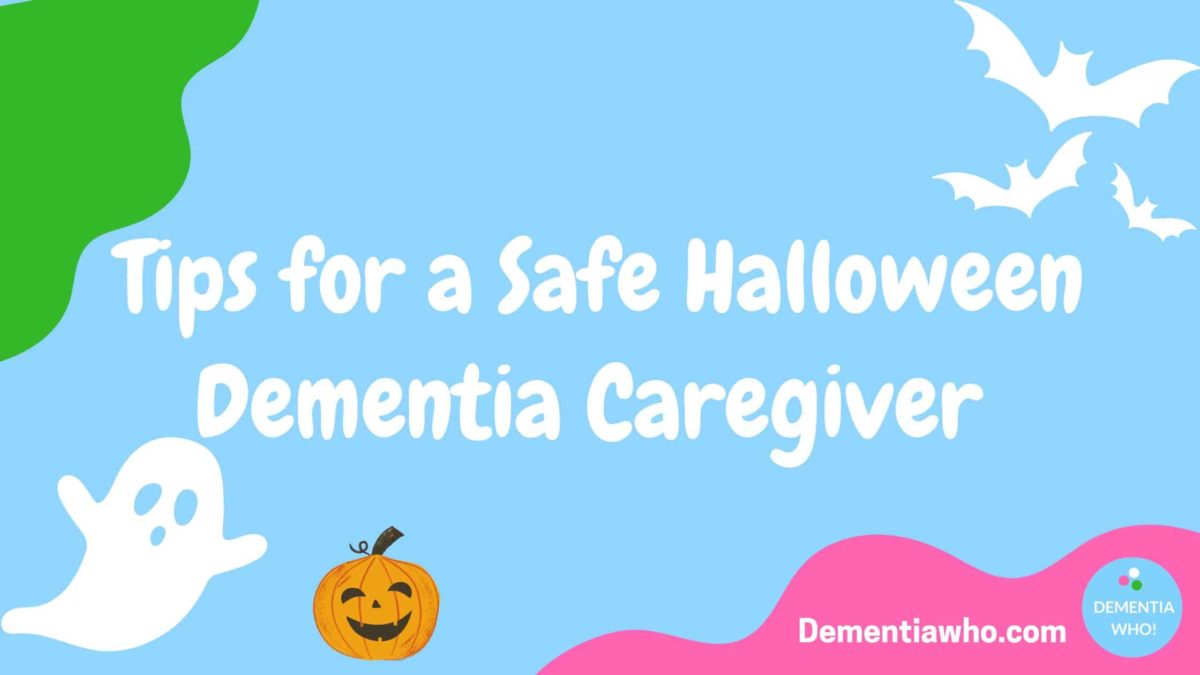
Tips for a Safe Halloween for Dementia & Caregivers
- Orient your loved one: Prepare your loved ones with dementia, start by explaining that it’s Halloween, that they’ll most likely be noise, events and people in Halloween costumes so they know what’s happening and are not surprised by the day. You can help reduce anxiety by preparing and orienting your loved one in advance.
- Involve Your Loved Ones in Safe Activities: Try to involve your loved one in preparations for the day. This helps in two ways keeping the holiday in the forefront of their minds and providing meaningful activity & interactions with the family. This could include making simple paper decorations, blowing up balloons, or baking Halloween-themed treats together. My mum enjoys helping decorate cookies, and it gives her something constructive to do while still being part of the festivities. Read this article for more ideas – 10 Fun activities for Halloween for dementia.
- Use Non Scary Decorations: Keep decorations simple and non-threatening. Scary costumes & face painting can cause distress. Can they be toned down at all? Imagine an axe to the head with blood for someone with dementia who cannot perceive that it isn’t real. That can be extremely terrifying for your loved one, and that shock could last longer than one night, so think about what’s more important.
Instead use friendlier, non-scary Halloween decorations like pumpkins, autumn leaves, or diy cute Halloween-themed items like Halloween bunting. Be cautious with decorations that could be perceived as threatening or confusing. Try limiting decorations to one room in the home and the outside front door area.
- Ensure Safe Environment: Clear away any things on the floor, anything that could be a tripping hazard, anything someone could slip on, or low-hanging decorations like fake cobwebs can all contribute to falls, so remove them. Be careful with dark Halloween doormats, as someone with dementia may visually perceive them as black holes. Cover doorways with blankets if you have issues with wandering.
- Lighting: Don’t use real candles as possible fire hazards, especially around decorations & costumes. These can easily be knocked over. Avoid using lighting strobes, flashing lights, or even fake smoke machines, as they can disorient someone with dementia.
- Create a Quiet Space: If the main living area is too close to the front door where trick-or-treaters will be, consider moving to a quieter part of the house. This helps reduce the anxiety that might come from the doorbell constantly ringing or people walking up to the house. If you know your loved one with dementia will get distressed no matter what you do, then move them from the main room and settle in a back room with less access to noise or visually scary items where they can be comforted.
- Deal with the Doorbell: Having trick-or-treaters coming to the door can be too much. You can put out a sign asking people not to knock saying no trick or treaters. You can use a more direct sign on a table explaining and leave a bowl of sweets with a note to say help yourself to avoid disruptions. You can download this free poster for your own use.
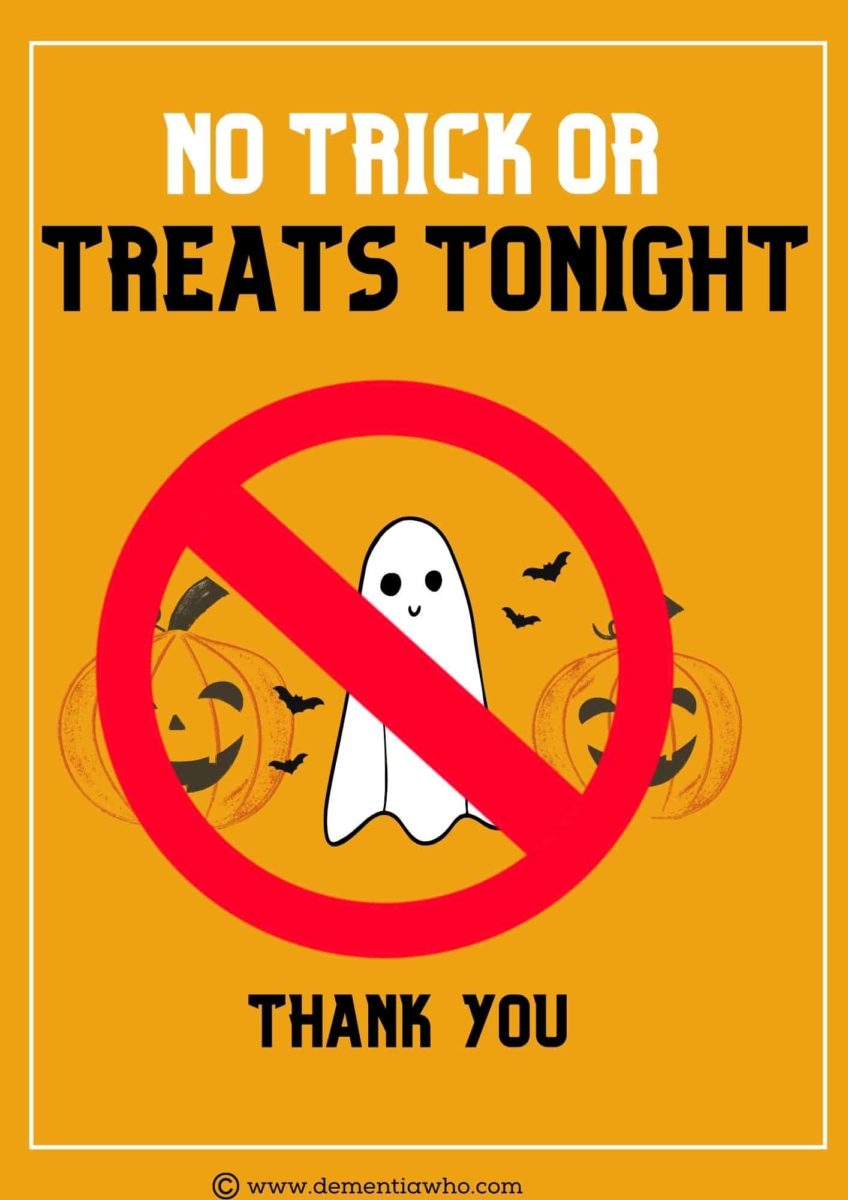
- Provide Company: Make sure that they are not alone at home. If they don’t live with you, invite them over or go to them to help reassure someone. It can be particularly distressing if you have kids knocking on your door late at night and running away or fireworks going off around your house that can sound like explosions. Having a familiar face around can reduce any anxiety.
- Listen to your loved one: You may only need to provide reassurance or company for the night if your loved one with dementia lives an independent lifestyle. They might want to participate by giving out sweets/candy or even going on Halloween trick-or-treating. They’ll take the lead, and we just need to listen.
Reducing Stress and Anxiety on Halloween Night
My priority is always to reduce any stress or fear my mum might feel. So here are a few things you can try to reduce any stress on the night.
- Keep the Night Calm: focusing on calm and quiet activities, things like looking through old photo albums, playing cards, or watching a non-scary movie. It’s all about creating a soothing atmosphere where your loved one can feel safe.
- Use Music: Choose music that isn’t too loud or a genre that isn’t too distressing where possible. Try listening to a playlist of favourite music, you could even spend the evening creating a new playlist together using excellent resources from Playlist for Life. There are many organisations that can help you make a playlist for your loved one dementia, some may even help you find music for Halloween for dementia. If outside noises become too much, dig out headphones to use.
- Out of Sight: Close the curtains to prevent lights or fireworks from outside being seen. Flashes of lights can be distressing. And, for those whose loved ones tend to wander, something as simple as covering the door with a light sheet can help prevent confusion about exits and reduce wandering
- Involve the Community & Family: Talk to your neighbours & agree with them beforehand about the approach you want adopted at your home, whether you want trick or treaters or if you have great neighbours agree a time when most activities will stop. Get the family involved with video calls that can bring a sense of connection even if they can’t be there in person.
And Finally
Not every tip will work, don’t be disheartened; keep looking for ways to support your loved one and create a safe Halloween for dementia. Rule of thumb if it’s scary for your kids, it’s more than likely to scare your loved one with dementia, so think about what changes you can make to mitigate that. Good luck!

